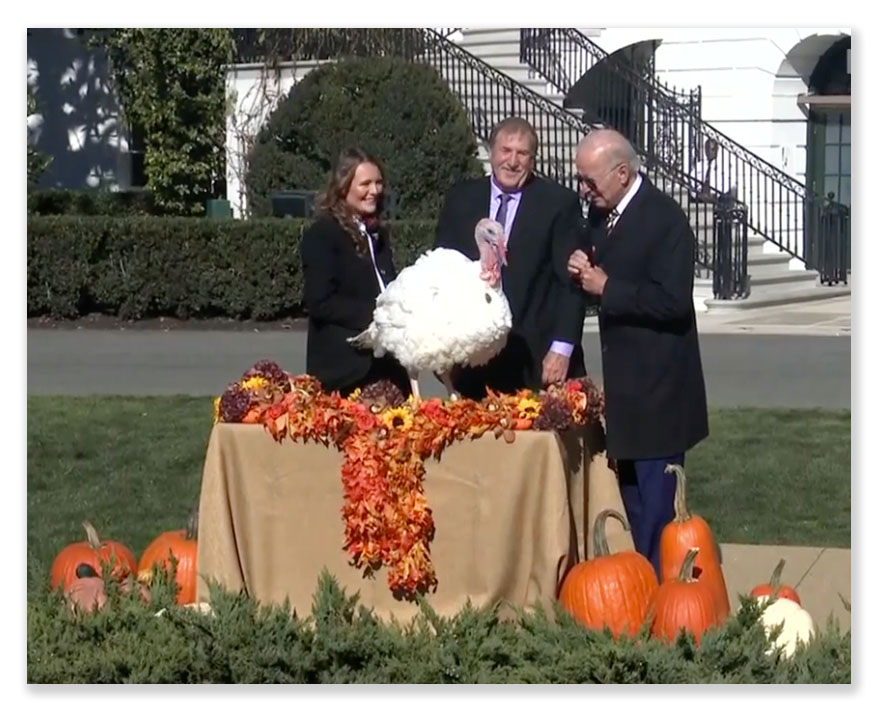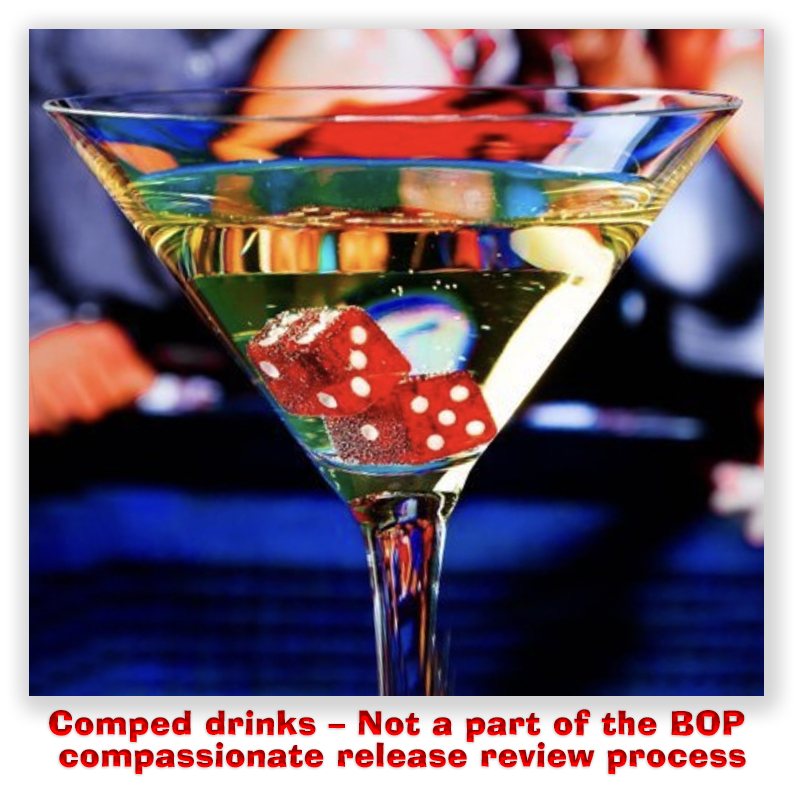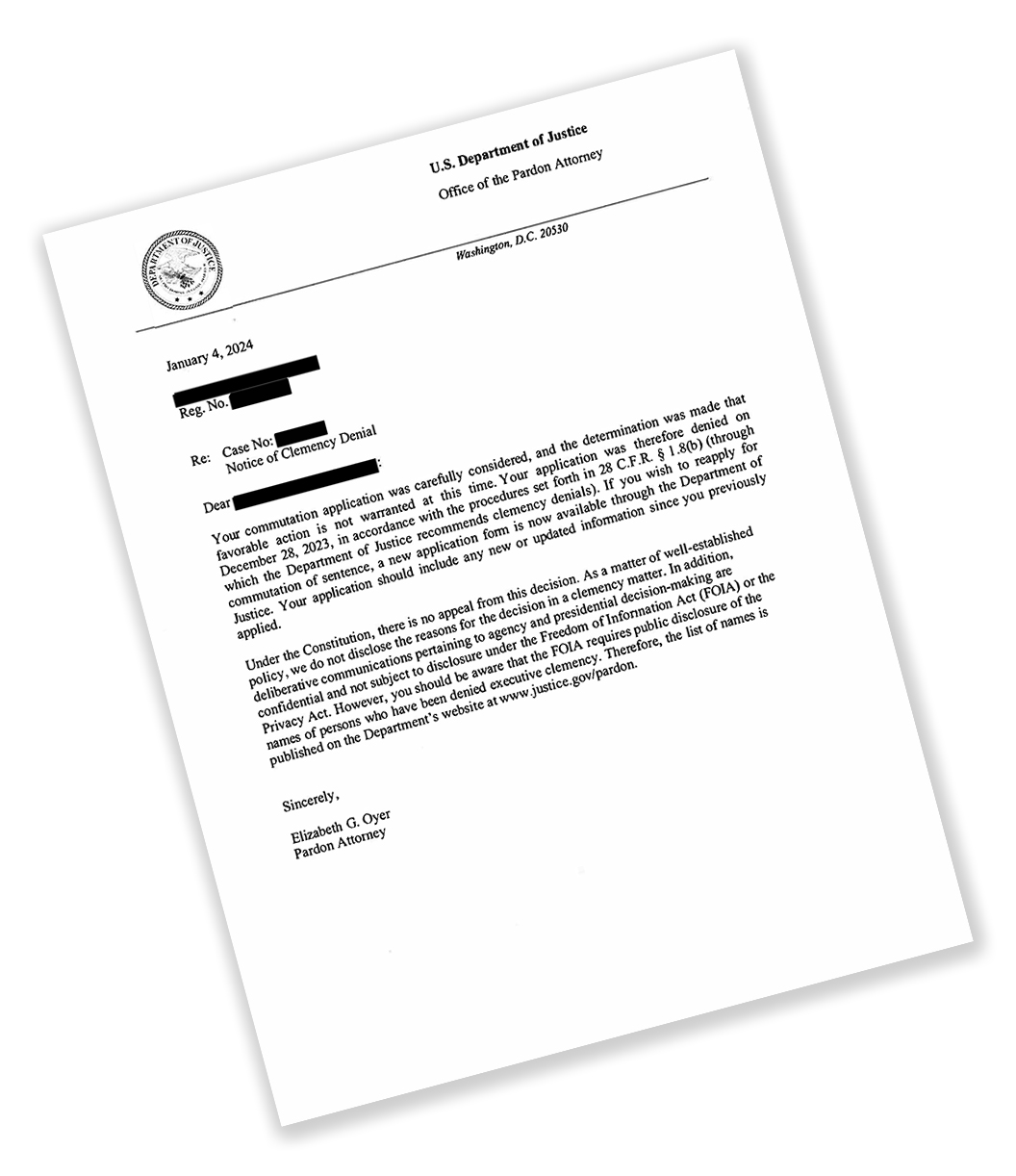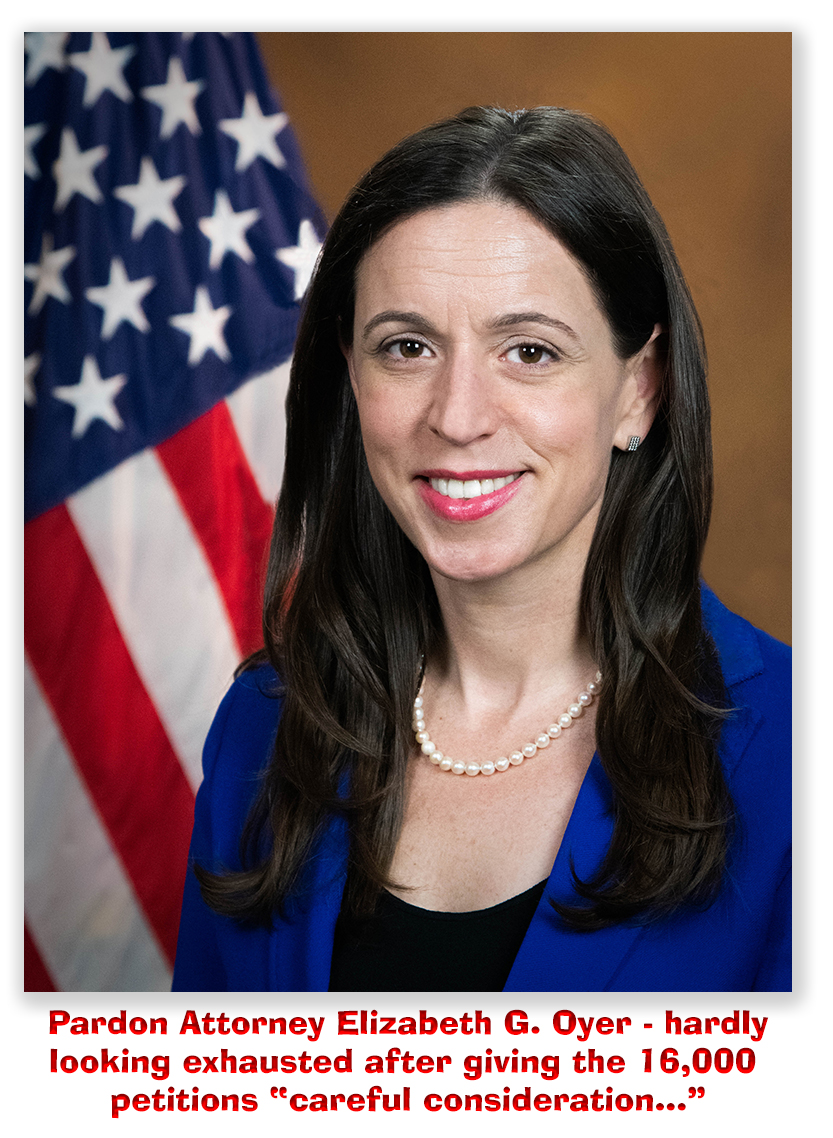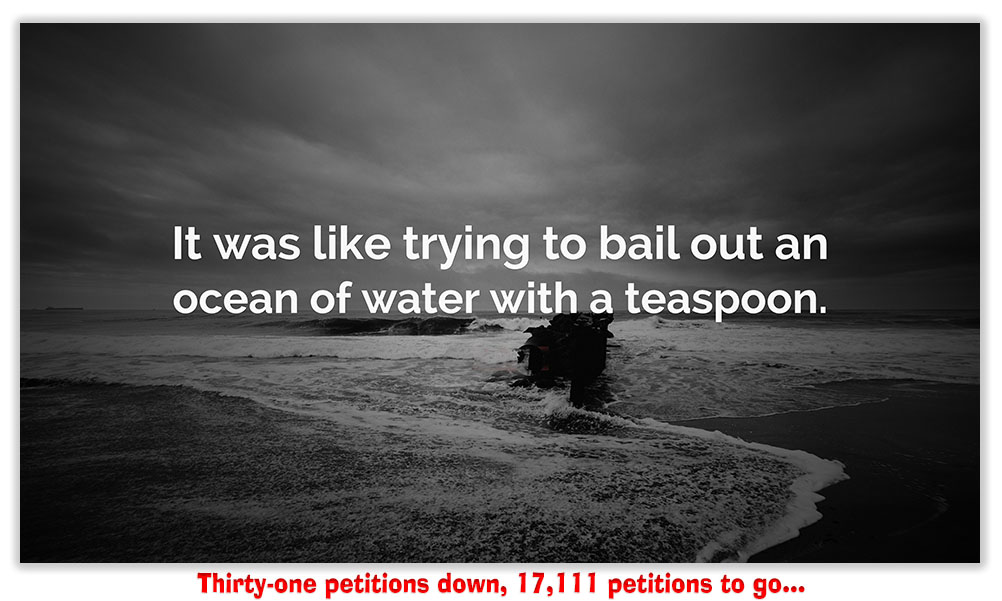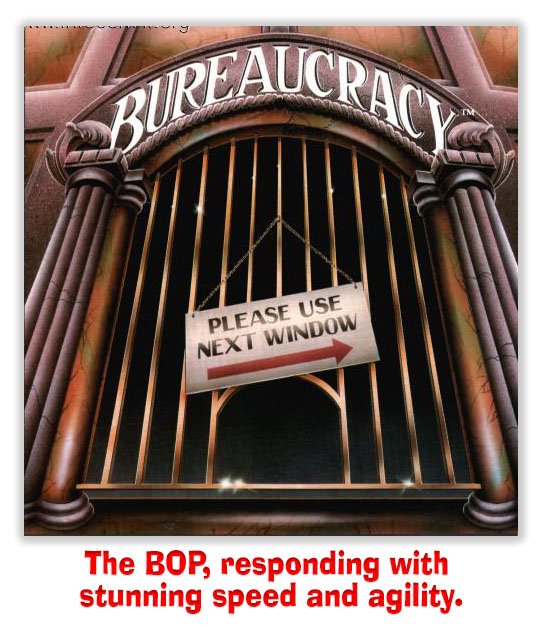We post news and comment on federal criminal justice issues, focused primarily on trial and post-conviction matters, legislative initiatives, and sentencing issues.

BIDEN COMMUTATION WAVE BEGINNING?
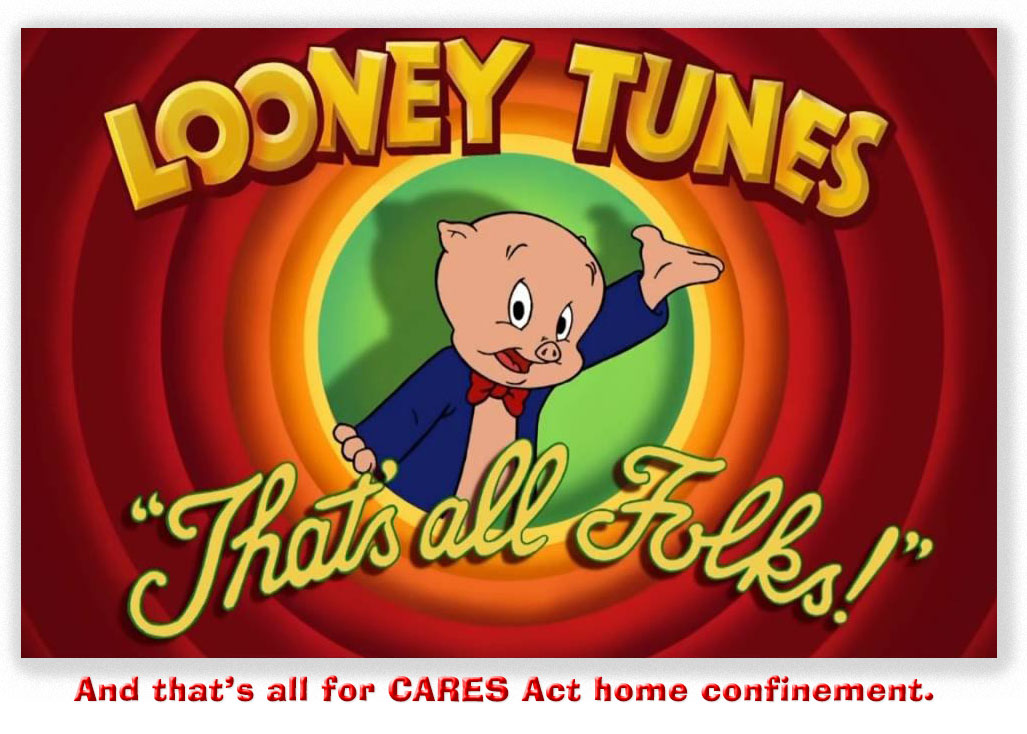 Early this morning, President Biden announced that he is granting clemency to nearly 1,500 Americans – the most ever in a single day – sent to home confinement under the CARES Act, people who the White House says “were placed on home confinement during the COVID-19 pandemic and who have successfully reintegrated into their families and communities.”
Early this morning, President Biden announced that he is granting clemency to nearly 1,500 Americans – the most ever in a single day – sent to home confinement under the CARES Act, people who the White House says “were placed on home confinement during the COVID-19 pandemic and who have successfully reintegrated into their families and communities.”
He is also pardoning 39 people convicted of non-violent crimes, whose names are not yet available. The White House said, “These actions represent the largest single-day grant of clemency in modern history.”
Biden said in a separate statement,
I am pardoning 39 people who have shown successful rehabilitation and have shown commitment to making their communities stronger and safer. I am also commuting the sentences of nearly 1,500 people who are serving long prison sentences – many of whom would receive lower sentences if charged under today’s laws, policies, and practices. These commutation recipients, who were placed on home confinement during the COVID pandemic, have successfully reintegrated into their families and communities and have shown that they deserve a second chance.
I will take more steps in the weeks ahead. My Administration will continue reviewing clemency petitions to advance equal justice under the law, promote public safety, support rehabilitation and reentry, and provide meaningful second chances.
Associated Press reported that the second largest single-day act of clemency was by Barack Obama, with 330, shortly before leaving office in 2017.
Back in the final hours of the first Trump Administration, the Department of Justice Office of Legal Counsel issued an opinion that those persons serving sentences on CARES Act home confinement would be required to return to secure custody once the national COVID emergency ended. The Justice Department subsequently withdrew that opinion, but with the election of President Trump, there has been substantial speculation – such as this, this and this –that the 2021 opinion could be once again adopted along with calls for Biden to preemptively block such a step with a blanket commutation.
Advocacy groups have been calling for a broad range of pardons, including for people on federal death row and with marijuana convictions. Biden has previously issued blanket pardons for those convicted of minor marijuana-related crimes, but those didn’t make any federal inmates eligible for release, because none of the recipients was in prison.
When Biden issued the blanket pardon in October 2022 for people convicted of marijuana possession on federal property, those benefitting were required to make individual applications to the Dept of Justice for the pardon specific to their cases. As of 6 a.m., details of what, if any, steps CARES Act recipients may have to take to obtain their personal commutations is not yet known.
White House, Release on CARES Act Clemency (December 12, 2024)
White House, Statement on CARES Act Clemency (December 12, 2024)
Associated Press, Biden commutes roughly 1,500 sentences and pardons 39 people in biggest single-day act of clemency (December 12, 2024)
Wall Street Journal, Biden to Commute Sentences of Around 1,500 People (December 12, 2024)
Dept. of Justice, Memorandum Opinion for the General Counsel of the Federal Bureau of Prisons (January 15, 2021)
Dept. of Justice, Discretion to Continue the Home-Confinement Placements of Federal Prisoners After the COVID-19 Emergency (December 21, 2021)
Hurwitz, Hugh, Biden’s easy case for clemency: prisoners in home confinement (The Hill, November 26, 2024)
Pavlo, Walter, The Bureau of Prisons Under A Trump Administration (Forbes, November 7, 2024)
Ward, Myah, Clemency groups use Hunter pardon to pressure Biden (Politico, December 5, 2024)
– Thomas L. Root




